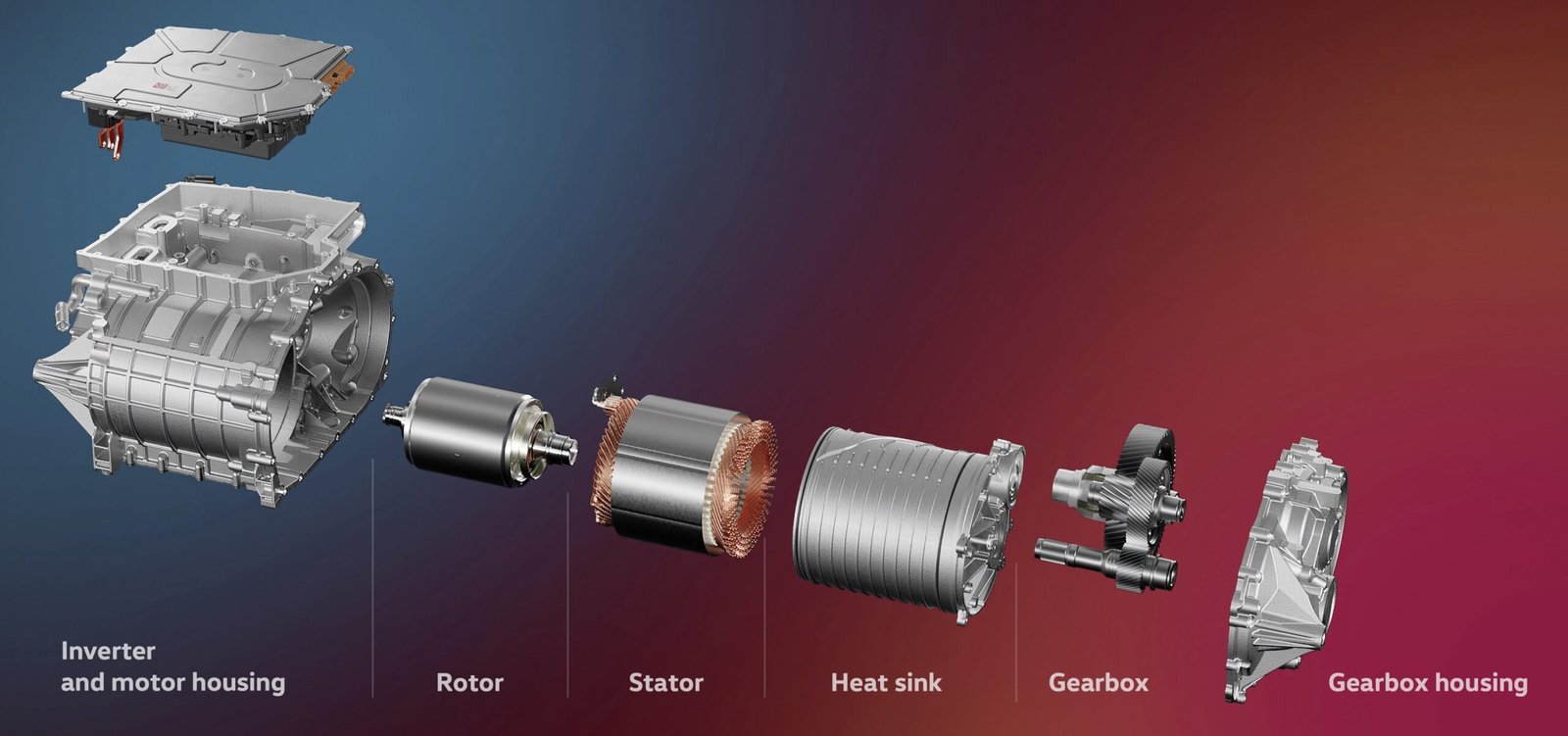In today’s fast-paced world, technology is the primary force propelling innovation, improving efficiencies, and transforming industries. The concept of a “technology drive” refers to the rapid adoption and development of cutting-edge technologies to solve problems, enhance productivity, and create new opportunities. From advancements in artificial intelligence (AI) and automation to breakthroughs in renewable energy and connectivity, technology is reshaping how we live, work, and interact with the world. We well discuss about technology drive.
This article delves into the profound impact of technology, its role in various sectors, and the exciting possibilities it holds for the future.
1. The Role of Technology in Economic Transformation
a) Driving Business Growth
Technology has revolutionized business practices. Enterprises now rely on digital tools for operations, from e-commerce platforms to sophisticated analytics systems. For example, cloud computing enables companies to store and access data securely, improving collaboration and reducing operational costs. Similarly, technologies like AI-driven chatbots streamline customer service, providing real-time assistance and boosting customer satisfaction. We well discuss about technology drive.
b) Enabling Startups and Innovation
The technology drive has democratized entrepreneurship. Affordable tools and resources, such as open-source software and cloud platforms, empower startups to compete with established businesses. Innovative ideas are flourishing in fields like fintech, health tech, and green technology, fueled by accessible technological advancements. We well discuss about technology drive.
c) Globalization and Connectivity
Technology has bridged geographical gaps, allowing businesses to expand globally. High-speed internet and advanced communication tools enable seamless interactions across borders, creating a global marketplace. This interconnectedness fosters collaboration, drives economic growth, and brings diverse perspectives together.
2. Technology’s Role in Healthcare Advancements
a) Precision Medicine
Technology has ushered in a new era of healthcare through precision medicine. By analyzing genetic, environmental, and lifestyle data, doctors can tailor treatments to individual patients, improving outcomes. AI-powered diagnostic tools enhance the accuracy of disease detection and enable early intervention.
b) Telemedicine and Remote Care
Telemedicine has gained prominence, especially in remote areas where access to healthcare is limited. Virtual consultations and wearable health devices provide real-time monitoring, ensuring patients receive timely care.
c) Breakthroughs in Medical Research
Technology accelerates medical research by automating complex processes. For example, AI-driven algorithms analyze massive datasets to identify potential drug candidates, reducing the time required for drug discovery and development.
3. Education in the Digital Age
a) Online Learning Platforms
The education sector has embraced digital transformation, with platforms like Coursera, Udemy, and Khan Academy offering courses to millions worldwide. These platforms cater to diverse learning needs, from professional certifications to hobby-based classes.
b) Virtual and Augmented Reality
Virtual reality (VR) and augmented reality (AR) provide immersive learning experiences. Students can explore historical sites, conduct virtual experiments, or practice surgeries in a simulated environment, enhancing their understanding and engagement.
c) Bridging Educational Gaps
Technology bridges educational disparities by making quality education accessible. Mobile apps, online classes, and digital libraries enable students in underserved communities to learn and grow without geographical or financial barriers.

4. Sustainability and Green Technology
a) Renewable Energy Solutions
The technology drive plays a critical role in combating climate change. Innovations in renewable energy, such as solar panels, wind turbines, and hydroelectric systems, provide sustainable alternatives to fossil fuels. Advances in energy storage technology further enhance the reliability and efficiency of these solutions.
b) Smart Cities and IoT
The Internet of Things (IoT) is transforming urban areas into smart cities. Sensors monitor energy consumption, traffic patterns, and waste management systems, optimizing resource use and improving quality of life.
c) Circular Economy Initiatives
Technological advancements support circular economy practices, where waste is minimized, and resources are reused. AI-driven systems streamline recycling processes, while blockchain ensures transparency in supply chains, promoting sustainability.
5. Emerging Trends Shaping the Future
a) Artificial Intelligence and Machine Learning
AI continues to push boundaries, with applications ranging from autonomous vehicles to natural language processing. Machine learning models evolve continuously, learning from data to improve decision-making and predictions.
b) Quantum Computing
Quantum computing is set to revolutionize industries by solving problems that traditional computers cannot handle. Fields like cryptography, materials science, and drug development stand to benefit immensely from its capabilities.
c) The Evolution of 5G and Beyond
The rollout of 5G networks is transforming connectivity, enabling real-time communication and supporting technologies like IoT and autonomous systems. The development of 6G promises even faster speeds and more robust connections.
d) Space Exploration Technologies
Technological advancements are making space exploration more feasible. Reusable rockets, satellite constellations, and plans for colonizing other planets highlight humanity’s potential to expand beyond Earth.

6. Challenges in the Technology Drive
a) Ethical and Privacy Concerns
As technology becomes deeply integrated into daily life, ethical questions arise. AI algorithms can perpetuate bias, and the collection of personal data poses significant privacy risks. Transparent policies and responsible development are crucial to addressing these concerns.
b) Bridging the Digital Divide
Despite technological advancements, access remains unequal. Bridging the digital divide requires investments in infrastructure, affordable devices, and digital literacy programs.
c) Cybersecurity Threats
With increased reliance on technology, cybersecurity has become a pressing issue. Protecting systems from hackers and ensuring data integrity are critical for maintaining trust and security.
Conclusion
Technology drives innovation, economic growth, and societal progress. From revolutionizing healthcare and education to paving the way for sustainability and advanced connectivity, it plays a pivotal role in shaping the future. However, navigating challenges like ethical concerns, the digital divide, and cybersecurity threats requires a collaborative effort. As the technology drive continues to evolve, it holds the promise of creating a world that is smarter, more connected, and inclusive for all. By embracing and responsibly leveraging technological advancements, we can harness their potential to address global challenges and create opportunities that benefit humanity for generations to come. We well discuss about technology drive.
ALSO READ Cursed-Memes.com Technology
